The International Monetary Fund (IMF) believes that central banks can control inflation without pushing the world into recession.
At its meeting on October 10, the IMF said the world economy could grow 3% this year, keeping its forecast from July. The reason is that the higher-than-expected growth rate of the US will offset the declining prospects of China and Europe.
Reiterating its July assessment, the IMF stressed that the global economy remained resilient to the twin shocks of the pandemic and the war in Ukraine. "With energy and food markets disrupted by war and inflation at multi-decade highs due to monetary easing, economic activity has slowed but not stagnated. The global economy is still moving forward," Gourinchas wrote.
The IMF said growth and inflation are now "increasingly consistent with a soft landing scenario, especially in the US." The country is forecast to have the strongest recovery among major economies, with GDP growth rising to 2.1% this year.

Robots assemble in an automobile assembly line in Zhejiang (China). Photo: Reuters
Still, Gourinchas warned that growth “remains slow and uneven.” The outlook for Europe and China is now less optimistic than it was three months ago.
The eurozone is forecast to grow 0.7% this year and 1.2% next year. Both rates are down from forecasts in July.
China's GDP is also expected to grow by just 5% this year, down from 5.2% previously. "China's property crisis is deepening, with the potential for spillover effects around the world , particularly for commodity exporters," the IMF report said.
The IMF expects inflation to continue to fall, but not return to central banks’ targets until at least the end of next year. Global inflation is forecast at around 6.9% this year and 5.8% next year.
Asked about the situation in the Middle East, IMF chief economist Pierre-Olivier Gourinchas told reporters that it was "too early to assess the impact" of the military conflict between Israel and Hamas on regional and global growth. He affirmed that the IMF was monitoring the situation.
Gourinchas also said that it is currently difficult to assess the impact of the situation in the Middle East on oil prices. The IMF model shows that a 10% increase in oil prices will increase world inflation by 0.4%.
Despite the spike in crude oil prices following the outbreak of hostilities, Gourinchas said the rally may not last. “I think we need to be cautious. But I would stress that it is too early to draw any conclusions,” he said.
Ha Thu (according to CNN)
Source link


![[Photo] Cat Ba - Green island paradise](/_next/image?url=https%3A%2F%2Fvphoto.vietnam.vn%2Fthumb%2F1200x675%2Fvietnam%2Fresource%2FIMAGE%2F2025%2F12%2F04%2F1764821844074_ndo_br_1-dcbthienduongxanh638-jpg.webp&w=3840&q=75)







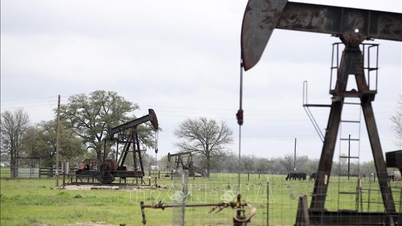
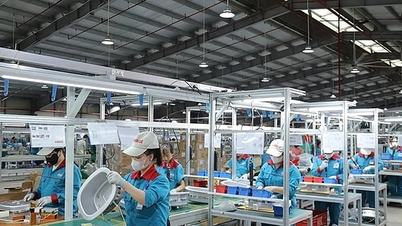



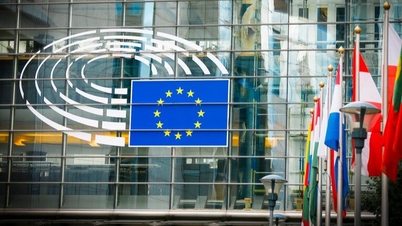

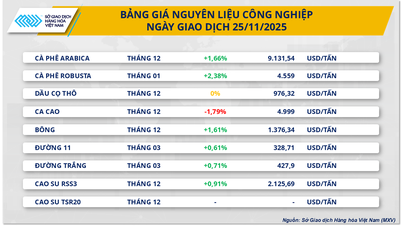








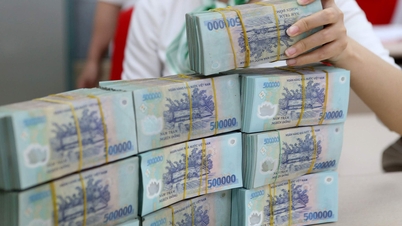
























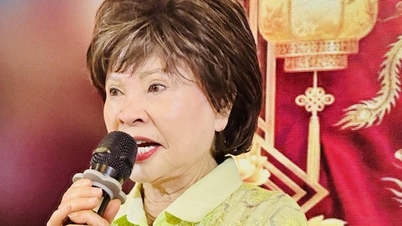










![[VIMC 40 days of lightning speed] Hai Phong Port determined to break through, reaching the target of 2 million TEUs by 2025](https://vphoto.vietnam.vn/thumb/402x226/vietnam/resource/IMAGE/2025/12/04/1764816441820_chp_4-12-25.jpeg)












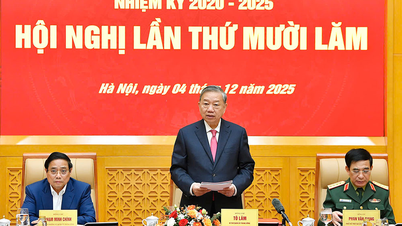



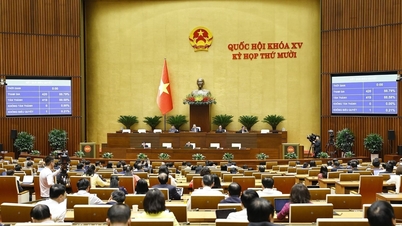
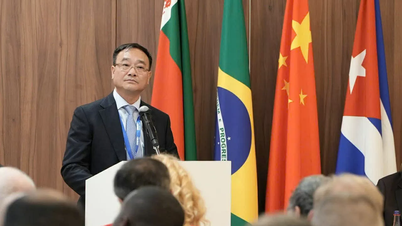





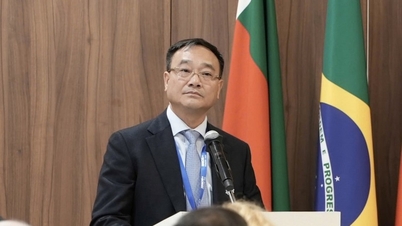
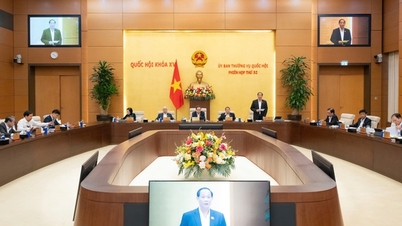







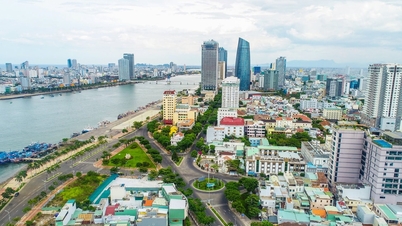


















Comment (0)